Anime plays a weird role in the society nowadays, mostly because of how it skyrocketed in popularity and isn’t seen as some strange alien hobby anymore. Anime is pretty much woven into the pop culture collective, with major companies taking note and investing in it. In the West, you can find it influencing more and more work as time goes by, with western animations paying homage to things like Sailor Moon or Naruto. But how popular is the medium in the place it originated from, i.e., Japan?
I mean, understandably, anime is huge in Japan. It isn’t just an animation medium to them but has become important culturally too. You can see anime being brought into the things like promotions with big-name conglomerates and public service announcements. It’s wild to see but not strange when you consider the impact it’s had on Japan’s economy. Manga and anime are as symbolic to Japan as sushi and Mount Fuji.
Anime becoming a cultural landmark is an intriguing phenomenon when you think about it. The only other equivalent I can think of that comes close to how big anime has gotten on the whole is Disney movies. And even then, that’s just one major company versus all of the different animation studios that make up the anime industry in Japan. There’s more independence, of course, but also more variation. No one anime is like the other, and there is a story that resonates with every age group. This, in Japan, works well because animation isn’t ‘just for kids anymore, transcending its limitations.
How is anime’s impact in Japan different from the impact it had across the world? The otaku boom in the last decade has made it so that anime has become some of the most profitable media franchises to date’ I mean, anime movies are selling out and breaking records at the box office. But it wasn’t always this way. And back home in Japan, it’s gone from being a frowned upon habit amongst recluses to becoming a legitimate industry worthy of respect. But how did we get here? Let’s discuss!
Table of Contents
Anime And Japan: A Complex History
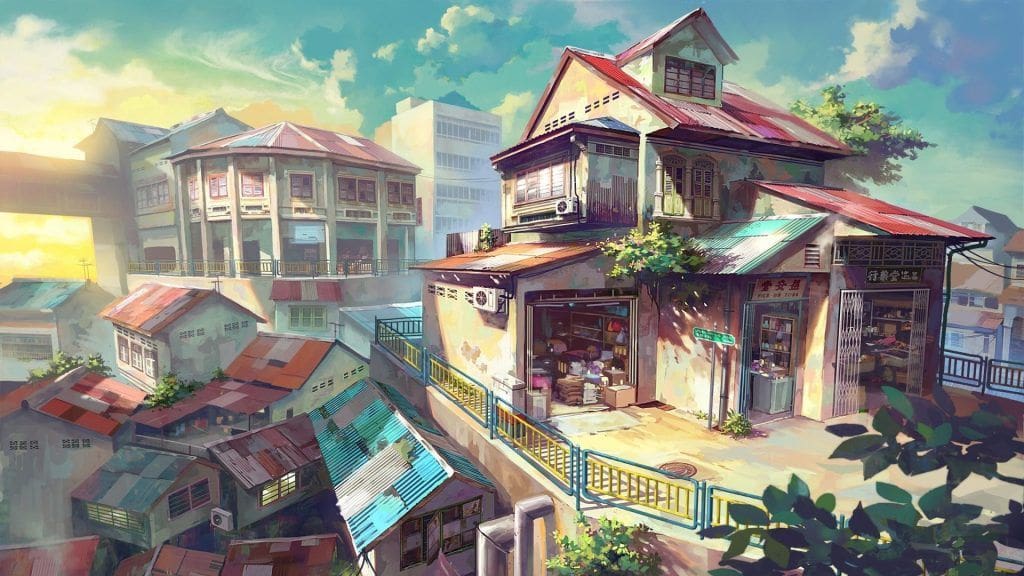
I mean, it isn’t as complicated as you’d think. The most important thing to remember here is that anime initially did start as shows for children, even back in the ‘Meiji’ era. They were adapted from manga that were written for children to buy at the ‘Kombini’ (Convenience stores) and enjoy, like a home-grown version of comic books. In the 80s, the Japanese economic boom happened, and anime started being made to sell toys, like Mobile Suit Gundam.
So, while there was serious anime littered in between like Akira, it was still very kid-friendly. But by then, Japan had established itself as the Global Animation Capital of the world, and experimentation finally started. Manga like Berserk and Fist Of The North Star was being looked at for adaptations. And with the success of shows like Dragon Ball Z, the West was getting a taste for foreign animation too.
In a way, the rise of anime directly coincided with Japan’s growth on the world stage. And it was apparent how deeply it had woven itself into Japanese society. But there are always side effects of growing too fast.
Otakus: Not A Negative Anymore
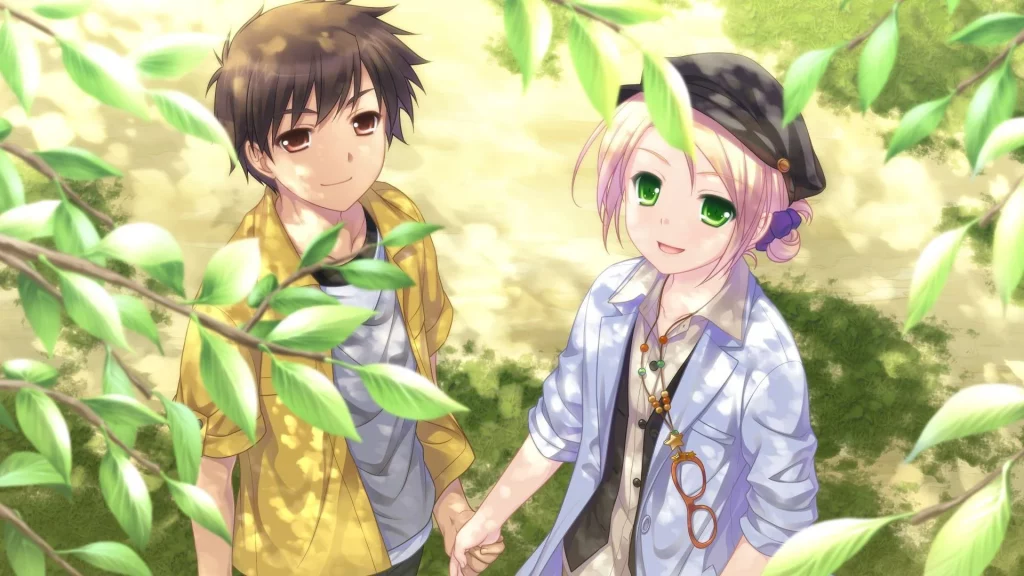
When the economic bubble burst, a lot of ugly things that had been simmering amongst the Japanese came to the surface. A lot of them compounded with the more conservative end of society, which frowned upon the younger generation’s lack of motivation. Of course, that led to said younger people finding their escape through other means.
And anime was the perfect escape. The aesthetics were cute and frivolous, which Japanese people ate up. The stories gave birth to characters that they were obsessed over. If anime was a sub-culture before, it dominated the media industry in Japan afterward. And anything that big is bound to have a solid fan backing. This is where the rise of Otakus came in.
At first, it was a pretty bad term, used in tandem with terms like Hikkikimori and the ilk. But nowadays, the public has softened up to the Otaku. Of course, this has to do in part with how anime has evolved in general but also because of a relaxation in traditionalist ideals in Japan.
The Phenomenon That Is Anime!
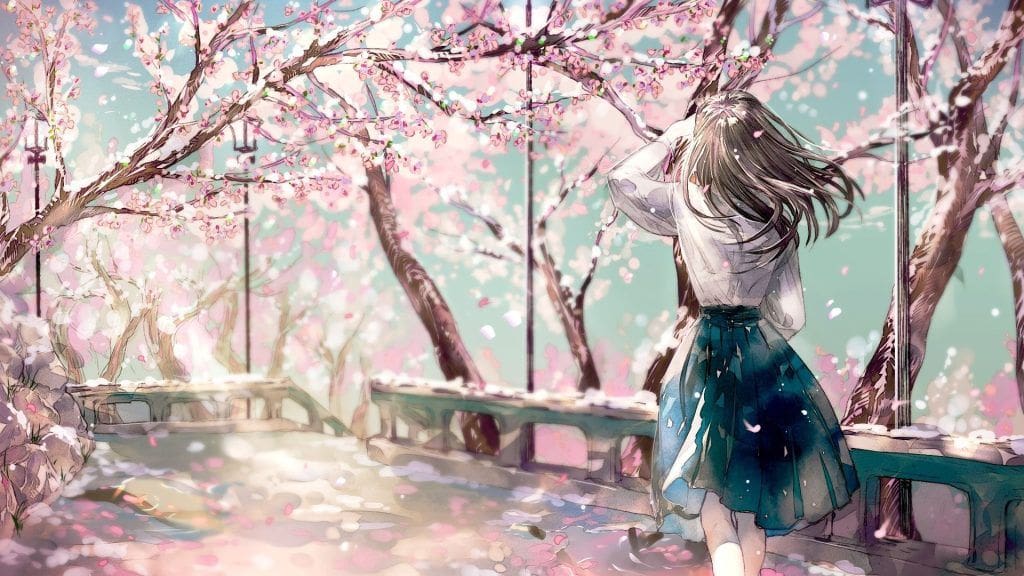
So, fun fact: I used to be involved with the Consulate of Japan in my home country back in the day. And they used to do these cultural festivals which focused on cuisine, Japanese exports, and tourism but a big part of those festivals? It was the pop culture aspect of anime.
Japan knows how much value the rising anime industry has, with its contributions to the economy being near endless. It’s why you see Japan investing more in them now, with mangakas and animators being a valid job description for people.
Anime is a huge part of Japanese history, and I think that’s amazing.
Next Post

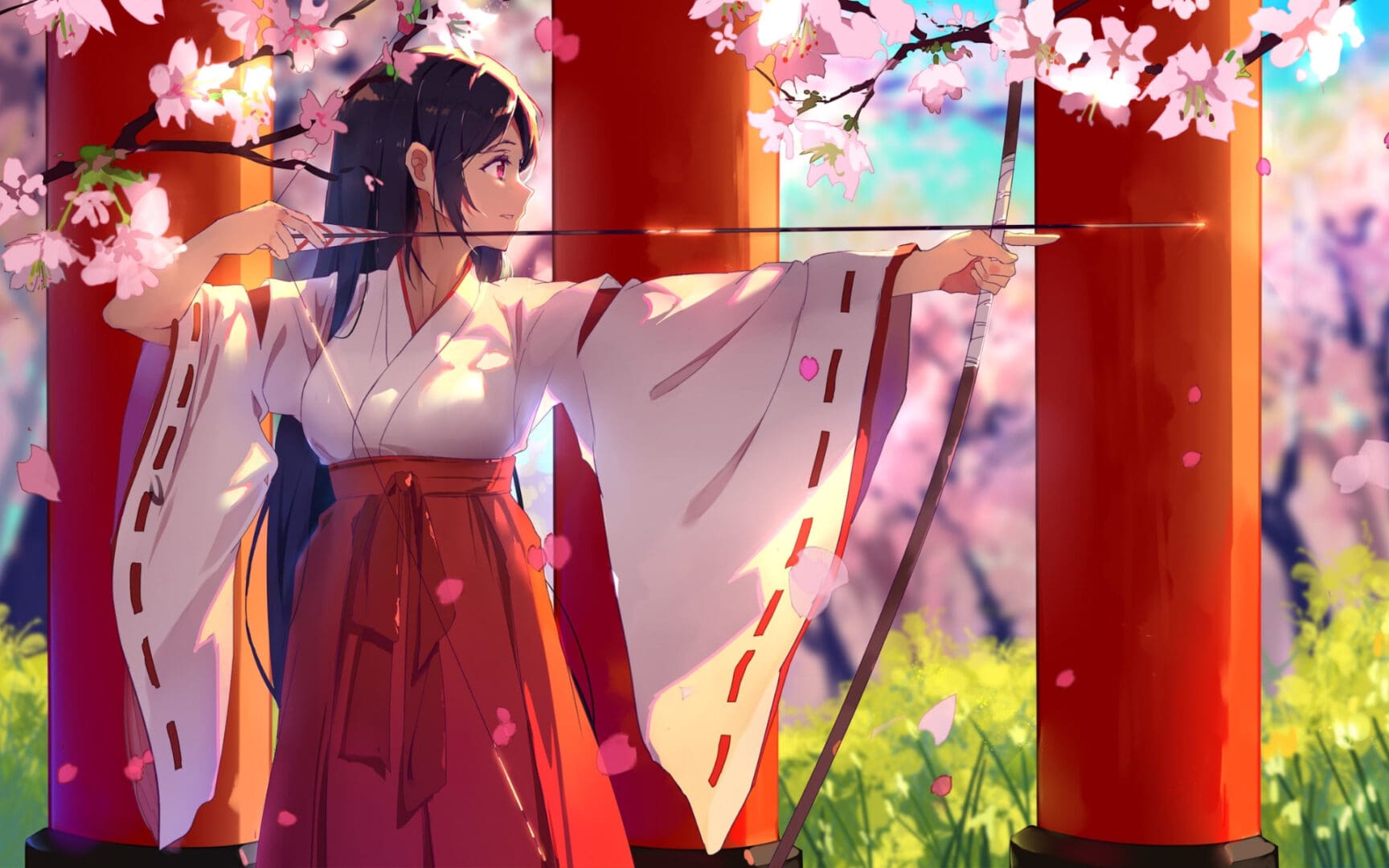














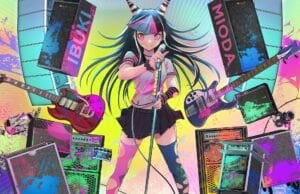
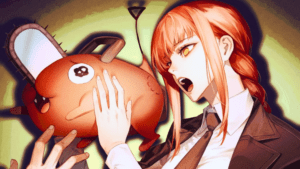
What do you think?
It is nice to know your opinion. Leave a comment.